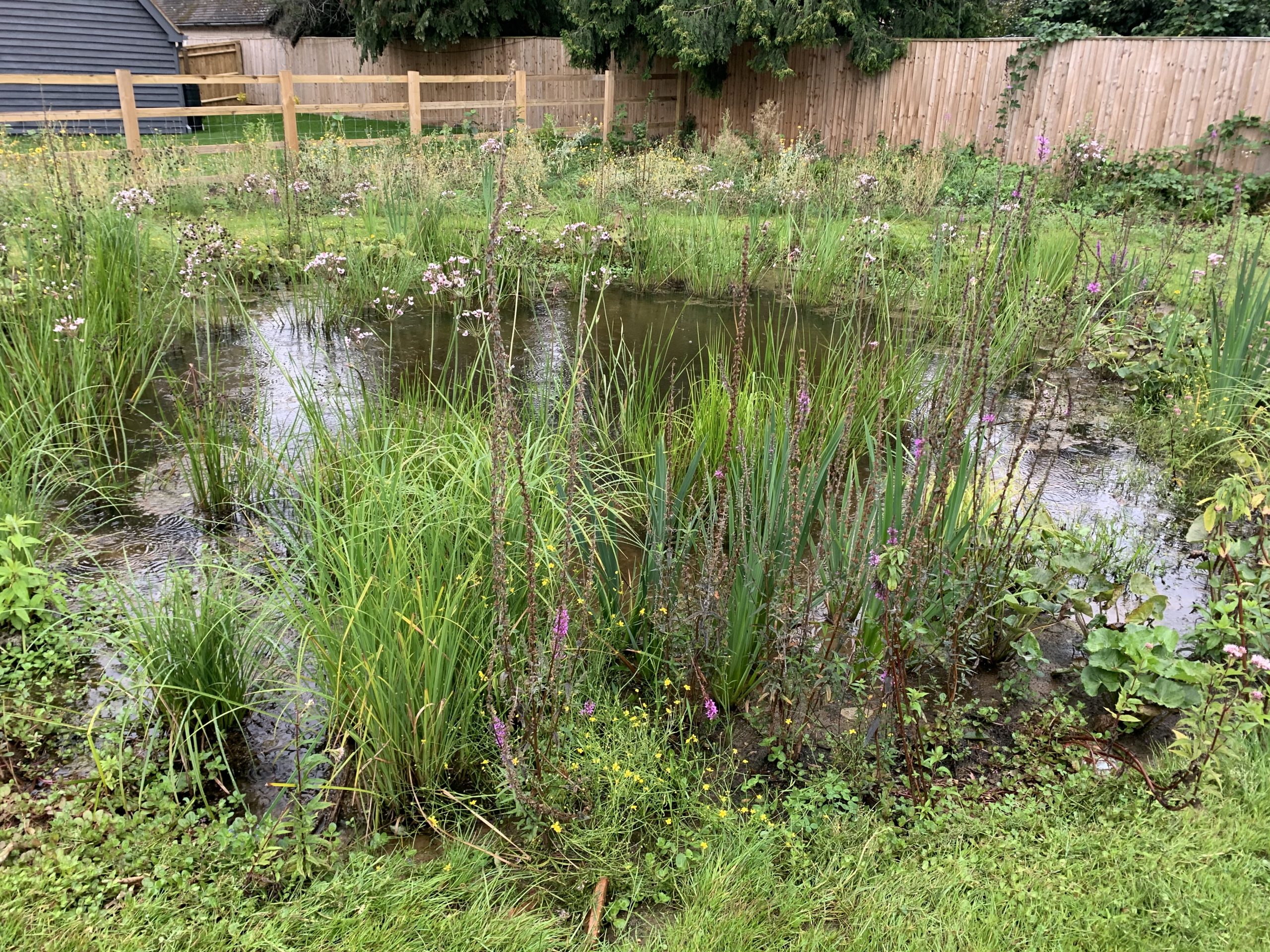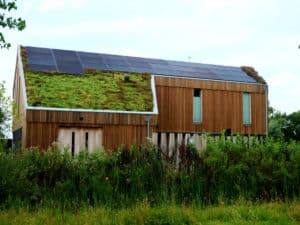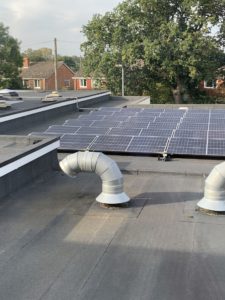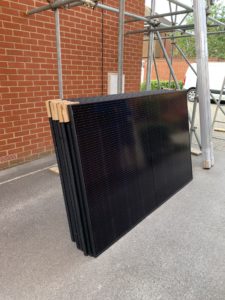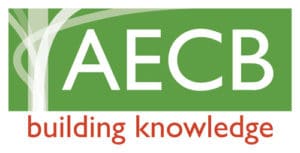Sustainable urban drainage systems are designed to efficiently manage the drainage of surface water within the urban environment. Here we explain more about this natural approach to managing drainage.
Sustainable urban drainage systems (SUDS) is a water management system designed to handle natural water processes in an efficient manner, channeling the drainage in urban environments through modern drainage systems. Essentially, their aim is to capture, use, delay or absorb rainwater, rather than throwing it to the curb as a nuisance or issue.
SUDS make it possible for excess surface water to be drained in a successful way, especially when there is little green space or permeable ground. This enables natural water cycles and a happier natural environment.
Sounds good, doesn’t it? Read on for the full lowdown on sustainable urban drainage, when it should be used, its benefits and why it is more environmentally friendly than other drainage systems.
What is sustainable urban drainage?
Sustainable urban drainage systems are a natural way to manage drainage in and around properties and developments. They work by gradually holding back the water that flows from a site, and then enabling natural processes to cut through the pollutants.
The idea behind SUDS is that they mimic nature by managing rainfall and water close to where it lands. They are designed to:
- Transfer surface water
- Attenuate the water before it enters watercourses
- Provide areas to store said water
- Allow water to soak back into the ground OR evaporate from surface water
They are generally considered to be a more environmentally friendly drainage system, and a great way to efficiently and sustainably drain surface water.
What are the different types of sustainable urban drainage systems?
There are a few different types of SUDS to be aware of, including:
- Source control – these deal with run-off at, or near to, the surface where rainfall lands
- Site control – manages the surface water run-off from larger areas, such as part of a housing estate, business park or major road. The run-off from larger areas can be channelled to a site control measure using swales or filter drains.
- Regional control – here, the downstream of source and site controls deal with the gathered run-off from a large area. These systems use the same principles as smaller scale SUDS, but can deal with larger volumes of water. Rainwater that passes through small SUDS can feed into larger SUDS which deal with the gathered run-off from a wide area. It is advisable to connect the flows between SUDS components with swales, filter drains or ditches and avoid the use of pipes.
What are the environmental benefits of sustainable water drainage systems?
As the name suggests, sustainable water drainage brings with it an abundance of environmental benefits.
SUDS are more sustainable than traditional drainage systems because they:
- Manage runoff volumes and flow rates, minimising the potential for flooding
- Protect and enhance water quality and reduce pollution from runoff
- Reduce the risk of sewer flooding during heavy rain
- Recharge ground water and, as a result, help prevent drought
- Create much needed habitats for wildlife in urban areas
- Create greenspaces for urban areas (and better places to live, work and play)
- Provide opportunities for evapotranspiration from vegetation and surface water
How and when can we use sustainable water drainage systems?
All new commercial or domestic developments should take into account where their excess surface water run-off will go – this isn’t just a ‘nice to do’, it’s a legal requirement. It is vital that water is either reintroduced to the natural water cycle or efficiently disposed of. This is where SUDS can really help.
There plenty of brilliant opportunities to integrate SUDS such as on green roofs, permeable surfaces, swales, detention basins, purpose built ponds and wetlands and infiltration trenches and filter strips.
Can Buildpass help me with sustainable water drainage systems?
You bet. As part of our flood risk assessments, we offer a comprehensive SUDS design service. This will include an assessment of your site, where we will provide recommendations for the most suitable and efficient type of drainage system for your project and needs.
To find out more, get in touch with a member of the Buildpass team and book a free consultation.



